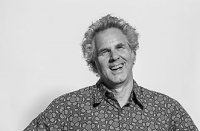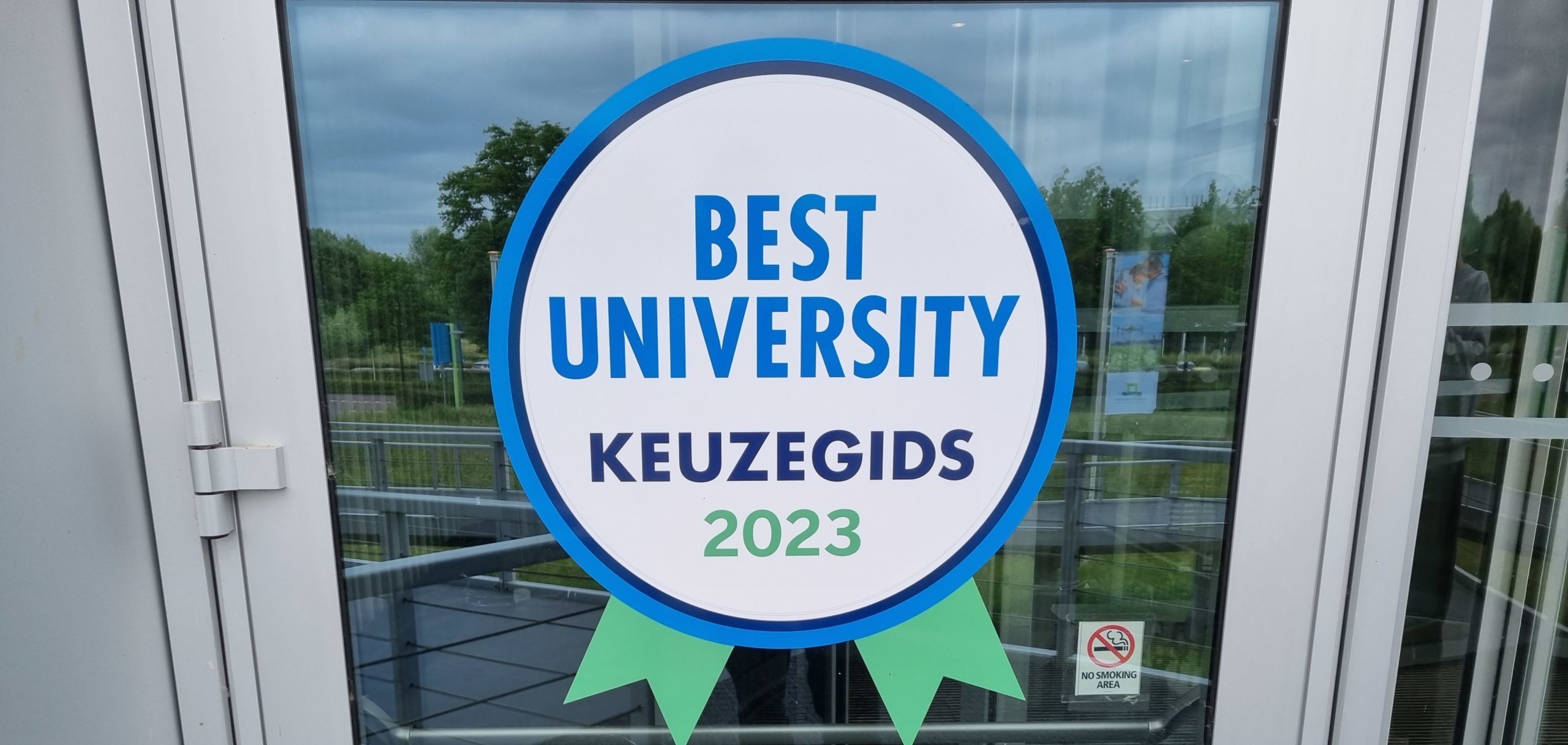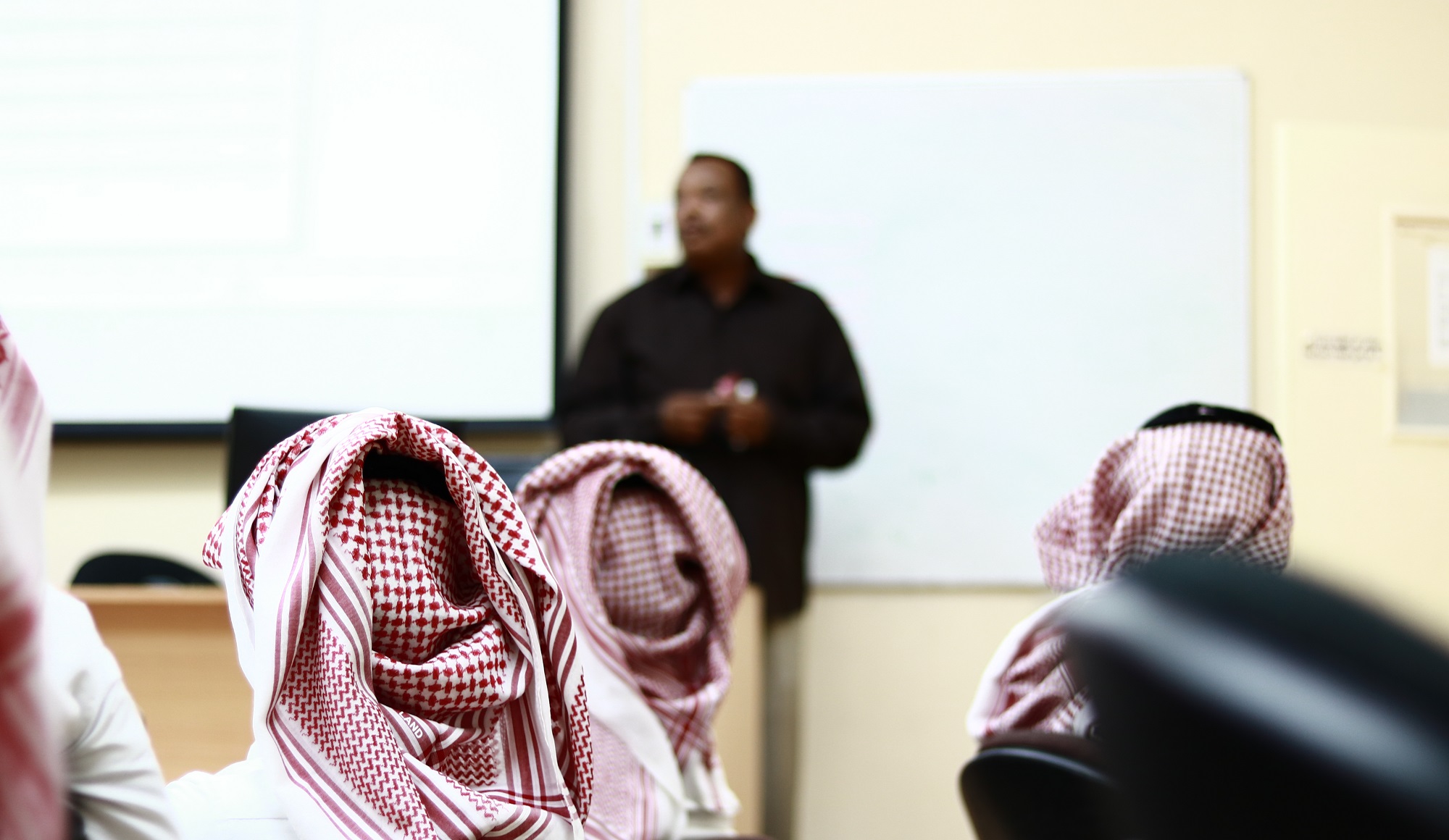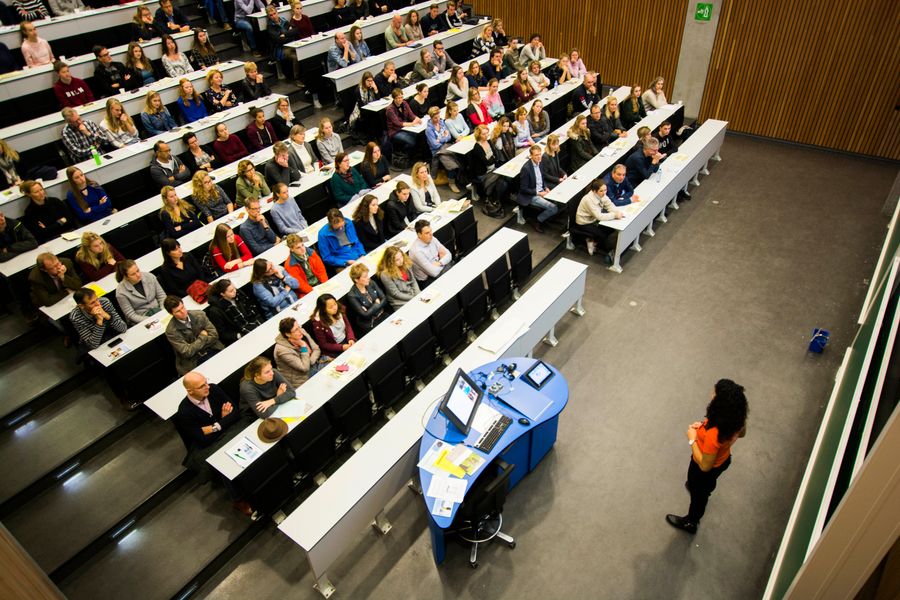text Albert Sikkema and Luuk Zegers illustration Henk van Ruitenbeek

Fred de Boer
Teacher of the Year 2019 ‘I think it’s because the lines are short between students and teachers. In Wageningen students get individual attention, the groups are smaller than at other universities, and we pay sufficient attention to supervising the students in their group work, internships and thesis-writing. That individual attention is part of the educational quality that students evaluate so positively. It also helps that the student population and Wageningen are relatively small. So students and teachers recognize each other on the street, in the shops, and at the cinema. That reinforces the feeling of belonging and getting individual attention.’

Eva Heijne
Editor of De Keuzegids ‘Wageningen has a clear focus in terms of academic domain. There is a lot of expertise there in the areas of agriculture, nutrition, the environment and sustainability. Within this domain, Wageningen offers small-scale and innovative education. Also, the university offers disciplines that score well at other universities too: economics programmes and the social sciences. Disciplines that never score as well are not offered in Wageningen.’

Pim Brascamp
Former Education Director at WUR ‘For a start, students are taken seriously in Wageningen, by the teachers and by the board. They have a say through the various programme committees and the Student Council. Students appreciate that. Secondly, the teachers are committed to their teaching, ecause the programmes have a big influence on the education policy. For example, the way heses are supervised and evaluated was once thought up by teachers, and then embraced by the Education Institute. It is bottom-up. Thirdly, everyone in Wageningen thinks education is important, probably because we had so few students 20 years ago. The culture is: if you don’t fancy teaching, don’t come and work here. And lastly, the teachers get a lot of freedom in how they teach their subject. They have a free hand. As a result, our teachers are always thinking up new ideas and creative teaching methods. And that motivates the students too.’

Perry den Brok
Professor of Education and Learning Studies ‘We have a couple of trump cards, I think. First of all, we are relatively small, which makes close contact between teachers and students possible. That is one of the prerequisites for satisfied students, research shows. Secondly, in Wageningen education is financially important to the chair groups. And because it brings in a lot of money for the groups, it gets real priority. The third trump card is the continuous improvement to the education. We do a tremendous amount here in the area of educational innovation. We have a really unique position in the Netherlands in that regard. And Wageningen is not afraid to adopt non-traditional teaching methods. Another thing that helps is that we don’t have faculties, so there are no barriers between the different groups. That promotes collaboration, which is fruitful for the students as well. And lastly, WUR concentrates on one domain. It is harder for a broad university to become the number one, because you can never do well right across the board. A clear focus makes that easier. And apart from all that, we have hardworking teachers who really care about their students. I have worked at other universities, but I find that really striking here.’

Sophie Kuijten
Chair of the Student Council ‘I think the secret lies in the small scale. Teachers here are very approachable and there is an open atmosphere, thanks to which problems can be solved quickly. Teachers try to think things out with you and to really help students struggling with something. That makes students feel understood. A lot of teachers know their students’ names. Also, students consciously choose Wageningen because they are interested in the subjects and issues studied here. When teachers and students share a genuine interest in a subject, that makes for a certain ‘click’. And that makes it nicer to be a student here.

Michiel Kohne
Anthropologist involved in universities lobby organization WOinActie ‘There are so many lists. In the past, I have worked at the universities or Tilburg and Rotterdam, and they were always top too. Those rankings are essentially a PR exercise. Take the Keuzegids, for which students evaluate their degree programme. There are very few students who study at two universities, and Wageningen has different students to Delft and Amsterdam. So you can’t compare the student evaluations, can you? The main purpose of these lists is to help recruit more students. That is what WOinActie, which I sympathize with, opposes. We’ve got to stop growing for growth’s sake, which has nothing to do with real quality and only increases the pressure, especially on tenure trackers and people on temporary contracts. These lists are just about money and have nothing to do with genuine quality.’

Annik Van Keer
Teamleader at the Undergraduate School, Utrecht University ‘As a member of the education visitation committee, between June 2018 and April 2019, I had a number of discussions at Wageningen University. What struck me about those discussions was the pleasant atmosphere. Students, teachers and management all talked openly with us and there was an atmosphere of mutual respect. We noticed an open mind and willingness to learn from peers. You sense a down-to-earth mentality. Of course, Wageningen has excellent degree programmes and a tremendous international reputation, but I think the decisive factor is that spirit of openness.’



